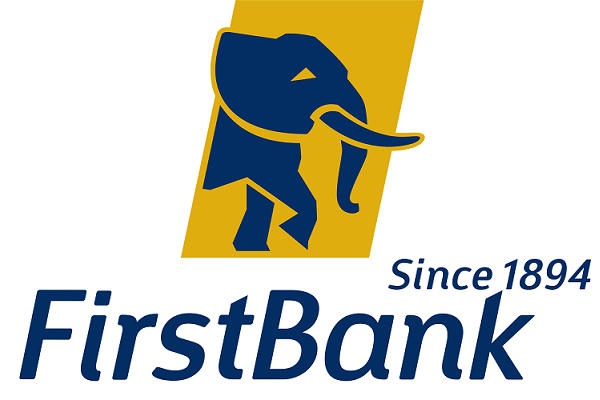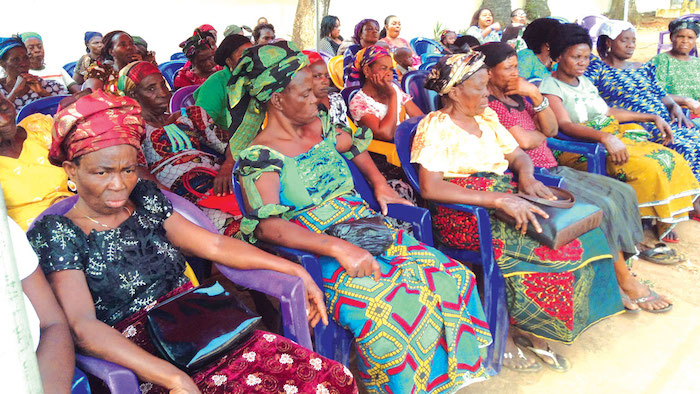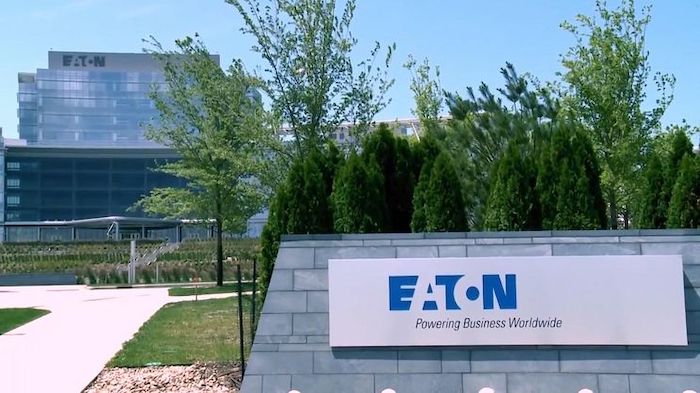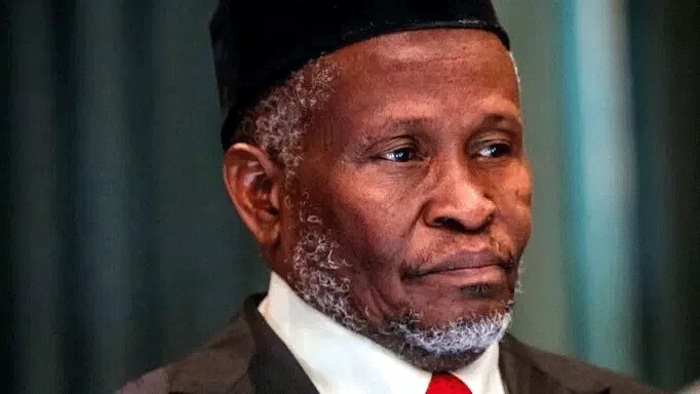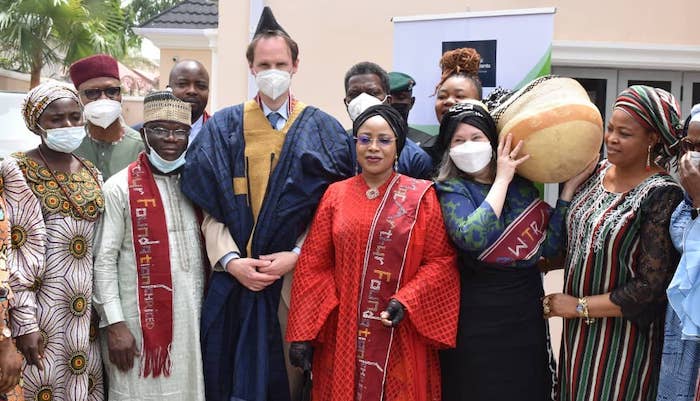By Ibrahim Zikirullahi and Armsfree Ajanaku
Although the dreadful Corona Virus outbreak that convulsed the world in 2020 appears to be receding, the devastation it imposed continues to stare governments and citizens in the face. For many Nigerians who found themselves in a state of hysteria and uncertainty, it appears that the worst of what was thought to be a nightmare virus has passed.
Many of the restrictions that were brutally enforced as necessary steps to combat the pandemic have now been substantially relaxed. The voices of pro-nationalist demagogues, who used their powerful political position to attack global cooperation and multilateral action as a sure strategy for containing the pandemic and its consequences, have also vanished.
Nonetheless, despite the current sense of relief, the stark inequalities and injustices exacerbated and precipitated by the pandemic remain. Even though the spate of travel bans, lockdowns and mandatory measures to beat back the pandemic may now be ebbing away, the same cannot be said of the political, economic, cultural and human rights realities imposed by the pandemic.
Even so, the haphazard, incoherent and uncoordinated responses of government at all levels in Nigeria have left many scars which would definitely take some time and the right antidote to heal.
A pertinent point for Nigeria’s civic sector is the need to look back and reflect on how the leading lights of the development sector reacted during those heady days of the pandemic. While some quickly assessed the volatility of the situation and withdrew their assistance, there were those who rightly concluded that what was required was not an exit strategy, but further investments to respond to the devastation caused by the pandemic.
The Chicago-based John D. and Catherine T. MacArthur Foundation certainly deserves full credit for recognizing that more resources would be required to address the deep-seated inequalities in the country, which had been further accentuated by the pandemic.
It was clear that in declining to backtrack on its commitments, the Foundation focused more on the plight of the poor, marginalized and highly vulnerable communities, whose realities had been made worse by the impacts of COVID.
Unlike many other foundations and development agencies, which quickly stopped funding for development assistance, as soon as the COVID began to do its damage, the John D. and Catherine T. MacArthur Foundation was perceptive enough to see the fact that it was a case of true friends helping friends in need.
True to its credo, which is driven by a strong commitment to building a just and verdant world, the Foundation provided technical and financial support to civic organizations in Nigeria in order to implement projects that would respond to the impacts of COVID in marginalized communities. This slew of interventions was dubbed “equitable recovery,” from the impact of COVID or its accentuation of previous inequities.
Equitable recovery also referenced the dire need for disempowered and historically marginalized groups to get the help they so direly need to recover from the challenges precipitated by the pandemic.
The intervention logic was thus to accept that, while the challenge of the pandemic affected everyone generally, there are citizens who fall into the bracket of the most vulnerable, whose livelihoods, civic voice and fundamental rights, have been eviscerated to the point of no return.
Providing the justification for its bold move to engage rather than retreat in the face of the devastation caused by the pandemic, the Foundation noted that creating more resilient, inclusive communities to combat structural racism, inequality, and the health crisis itself was central in its calculations.
As such, it noted that “the global COVID-19 pandemic has exposed deep racial and socioeconomic disparities and inequalities that take a disproportionate toll on Black, Indigenous, Latin, and Asian people.
“In this context, we identified an opportunity to improve the critical systems that individuals and communities need to thrive. We issued $125 million in social bonds to fund a one-time set of grants that support an equitable recovery by addressing the twin pandemics of COVID-19 and structural racism.” It is also worth noting that the Foundation’s strong interest in empowering marginalized citizens influenced the design and intrinsic character of the projects it approved for implementation.
One of the most important aspects of the work is assisting the Original Inhabitants (OIs) in the Federal Capital Territory (FCT). This aspect of the intervention aims to address the long-standing injustices and marginalization faced by the peaceful and hospitable indigenes of Abuja, whose lands were taken over by decree to make way for the Nigerian capital.
The project, led by the Resource Centre for Human Rights and Civic Education (CHRICED), has focused on strengthening organizational capacity and amplifying the voices of these neglected Nigerians.
To ensure that the needs of the most marginalized Original Inhabitants, such as youth, women, persons with disabilities (PWDs), and the unemployed are not overlooked, a number of the sub-grants awarded by CHRICED is focused on ensuring the participation of FCT Original Inhabitants in diverse economic sectors.
As of now, a total of 10 Original Inhabitants organizations are being supported with grants, as well as organizational capacity development assistance to enable them carry on effective advocacies to draw attention to the most pressing issues, including governance and service delivery challenges they face.
The organizations are; Abuja Original Inhabitants Youth Empowerment Organization (AOIYEO), Abiodun Essiet Initiative for Girls (AEIG), Association of Wives of FCT Traditional Rulers (AWTR), Centre for Environmental Sustainability and Development Awareness (CESDA), Centre for Transparency Advocacy (CTA), Helpline Foundation for the Needy, Socio Economic Research and Development Centre (SERDEC), the HipCity Innovation, Mairo Women Foundation Ushafa, and the FCT Original Inhabitants with Disabilities Multi-Purpose Cooperative Society.
The project on promoting the rights of the original inhabitants in the Federal Capital Territory has also ensured that the interests of the most vulnerable citizens, including people living with disabilities, are incorporated into the intervention. In terms of promoting the cultural rights of the Original Inhabitants in the FCT, the project has placed a strong emphasis on the cultural treasures and repositories of the people.
About a year into the project’s implementation, there is an ongoing cultural revival in the FCT, with growing interest in pottery. Pot making is an economic activity, which has huge comparative advantage for the Original Inhabitants in the FCT because it is a craft that they have a natural flair for.
Ladi Kwali, by the way, is one of the most recognized cultural figures in the FCT. Her fame stemmed from her enormous contributions, which put her community on the map through her exceptional pot-making skills. It’s no surprise that hundreds of young FCT original inhabitants have embraced pottery as a means of overcoming unemployment and contributing to the revival of their culture through the ongoing project.
Similarly, the Usafa Pottery Centre in Bwari, on the outskirts of the FCT, is rediscovering its role as a centre for pot making and other cultural activities. The space has aided economic empowerment and cultural awareness, particularly among women, youth, and PWD.
Other cultural treasures that have benefited from the project include the Asumbo cloth making craft, which is also being used as a basis for livelihood opportunities for youth and women in the FCT.
On the other hand, the Project of Promoting the Rights of Original Inhabitants in the FCT has focused on some of the most pressing human rights issues that are central to the welfare and well-being of the poor and vulnerable residents in the FCT. One of such emergencies is sexual and gender based violence.
According to UN Women, gender-based violence, which was already a global crisis before the pandemic, intensified at the height of the disruptions imposed by COVID. At the height of the pandemic, UN Women warned that “lockdowns and other mobility restrictions have trapped many women with their abusers, isolating them from social contact and support networks.”
It was also noted that increased economic insecurity has made it even more difficult for many women to leave abusive situations.
UN Women said: “COVID-driven economic and social instability will also increase the risk of child marriage, female genital mutilation and human trafficking. At the same time, the pandemic has exposed women leaders to backlash, resulting in online and offline threats, abuse and harassment. Violence against women leaders, regardless of position, can prevent them from carrying out their responsibilities.”
These realities also influenced the design of the project of Promoting the Rights of Original Inhabitants in the FCT, as part of the initiatives making up the MacArthur Foundation’s Equitable Recovery Cohort.
As a direct response to the observed increase in sexual and gender based violence cases during the pandemic’s peak, five women-led organizations have been awarded sub-grants and are currently implementing projects with various components addressing sexual and gender based violence.
Some of these organizations are tackling gender inequities from the purview of strengthening traditional justice systems, sensitizing women and girls, supporting government shelters, and providing women and young girls with livelihood opportunities.
Apart from the projects mentioned above, which are being implemented to address the decades-long marginalization of Original Inhabitants in the FCT, the MacArthur Equitable Recovery portfolio includes interventions in areas such as police reform, youth participation and vaccine confidence.
Nearly two years after the #ENDSARS protests, which convulsed the country in October 2020, the fundamental issue of how to reform and birth a citizen-friendly policing system has been the central focus of the police reform initiative of the Equitable Recovery.
CLEEN Foundation is implementing this aspect of the work with the goal of establishing a rights-respecting policing environment consistent with democratic values.
According to the project team, some of the major changes that have occurred as a result of the intervention include the establishment of a civil society led observatory on police reform for holding police officers accountable for their actions and inactions, an improved institutional posture for accountability through the Complaints Response Unit (CRU), which published its 2021 annual report and ensured disciplinary actions were taken.
The project has similarly documented what it described as conscious efforts by the executive branch of government to implement the #ENDSARS Five for Five demands, which were made in the aftermath of the protests.
Also connected to the aftermath of the #ENDSARS protests and an important part of the equitable recovery portfolio is the Nigeria Youth Futures Fund project, which has the goal of strengthening, supporting young people in youth leadership, active citizenship and social change.
The project, spearheaded by LEAP Africa and partners such as the Centre for Journalism Innovation and Development (CIJD), the Nigeria Youth Futures Fund (NYFF), and Organizing for a New Nigeria (OON), is also focused on engaging the youth through outcome-driven policy engagement and inclusive resourcing, allowing young people to shape national development.
So far, the project’s implementation has resulted in the voter registration of thousands of young people, as well as the funding of 50 youth-focused leadership projects across the country. According to project data, 341 tertiary institutions in Nigeria have received campaign messages and outreaches.
The last of the equitable recovery projects focuses on Vaccine Confidence; anchored by the Centre for Democracy and Development (CDD), the goal is to increase public confidence in the COVID 19 Vaccine and combat misinformation with accurate scientific data. So far the project has facilitated the development of accountability scorecards for the COVID-19 administration process.
It has also promoted mass campus vaccination drives in tertiary institutions. Part of the challenge encountered in the implementation of this project is the level of complacency among the Nigerian populace as a result of the relaxed disposition toward protocols and lax attitude to the dangers posed by COVID.
….Zikirullahi, is the Executive Director and Ajanaku, Programs & Communications Manager at the Resource Centre for Human Rights & Civic Education (CHRICED).


